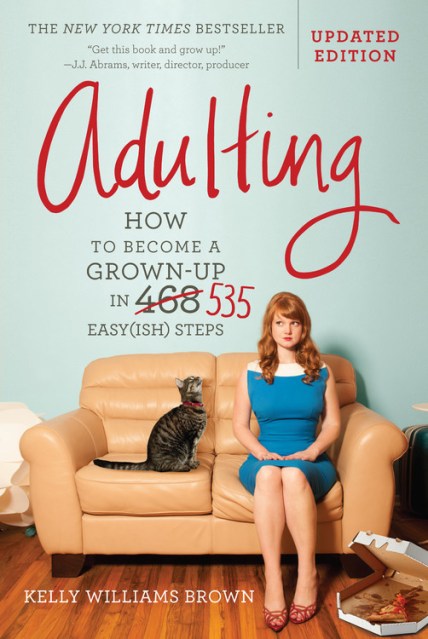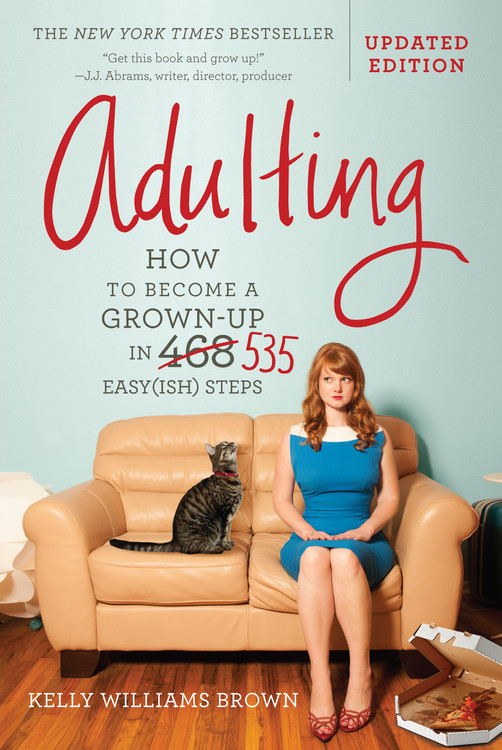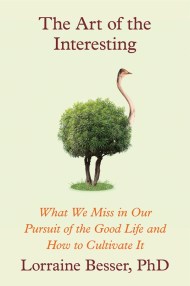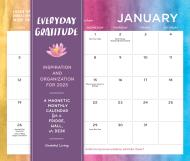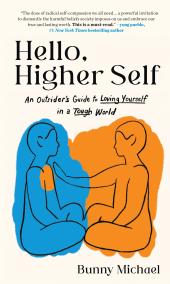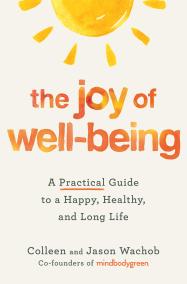By clicking “Accept,” you agree to the use of cookies and similar technologies on your device as set forth in our Cookie Policy and our Privacy Policy. Please note that certain cookies are essential for this website to function properly and do not require user consent to be deployed.
Adulting
How to Become a Grown-up in 535 Easy(ish) Steps
Contributors
Formats and Prices
Price
$17.99Price
$22.99 CADFormat
Format:
- Trade Paperback (Revised) $17.99 $22.99 CAD
- ebook $9.99 $12.99 CAD
- Audiobook Download (Unabridged)
This item is a preorder. Your payment method will be charged immediately, and the product is expected to ship on or around March 6, 2018. This date is subject to change due to shipping delays beyond our control.
Also available from:
From breaking up with frenemies to fixing your toilet, this way fun comprehensive handbook is the answer for aspiring grown-ups of all ages.
If you graduated from college but still feel like a student . . . if you wear a business suit to job interviews but pajamas to the grocery store . . . if you have your own apartment but no idea how to cook or clean . . . it's OK. But it doesn't have to be this way.
Just because you don't feel like an adult doesn't mean you can't act like one. And it all begins with this funny, wise, and useful book. Based on Kelly Williams Brown's popular blog, Adulting makes the scary, confusing "real world" approachable, manageable—and even conquerable. This guide will help you to navigate the stormy Sea of Adulthood so that you may find safe harbor in Not Running Out of Toilet Paper Bay, and along the way you will learn:
If you graduated from college but still feel like a student . . . if you wear a business suit to job interviews but pajamas to the grocery store . . . if you have your own apartment but no idea how to cook or clean . . . it's OK. But it doesn't have to be this way.
Just because you don't feel like an adult doesn't mean you can't act like one. And it all begins with this funny, wise, and useful book. Based on Kelly Williams Brown's popular blog, Adulting makes the scary, confusing "real world" approachable, manageable—and even conquerable. This guide will help you to navigate the stormy Sea of Adulthood so that you may find safe harbor in Not Running Out of Toilet Paper Bay, and along the way you will learn:
- What to check for when renting a new apartment—not just the nearby bars, but the faucets and stove, among other things.
- When a busy person can find time to learn more about the world (It involves the intersection of NPR and hair-straightening.)
- How to avoid hooking up with anyone in your office—imagine your coworkers having plastic, featureless doll crotches. It helps.
- The secret to finding a mechanic you love—or, more realistically, one that will not rob you blind.
- On Sale
- Mar 6, 2018
- Page Count
- 352 pages
- Publisher
- Grand Central Life & Style
- ISBN-13
- 9781538729137
Newsletter Signup
By clicking ‘Sign Up,’ I acknowledge that I have read and agree to Hachette Book Group’s Privacy Policy and Terms of Use
